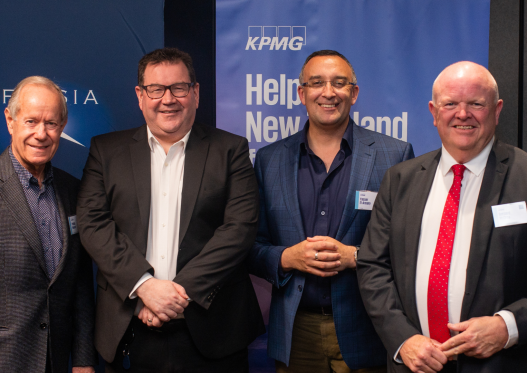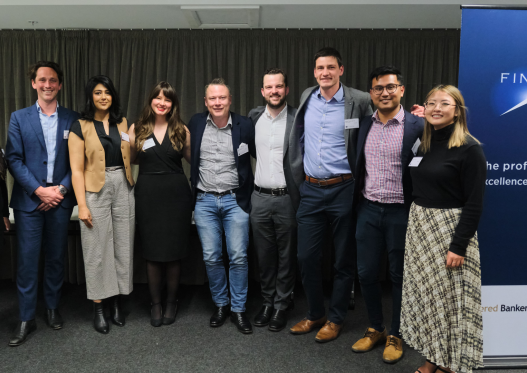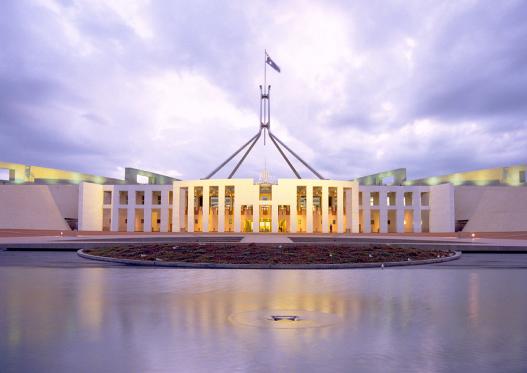October could see one of Australia’s biggest merger and acquisition deals go through. On the 12th the Australian Competition and Consumer Commission will rule on the $15.4 billion bid by Canada’s Brookfield to buy out Origin Energy.
But investors are not holding their breath due to the fact that the ACCC has already blocked three deals in 2023 – a data sharing arrangement between Telstra and TPG Telecoms; ANZ’s attempt to buyout Suncorp and Transurban’s bid to buy a major interest in Horizon Roads.
That being said, the ACCC has approved 93% of deals by the end of June 30 that had been put before them.
If the Brookfield deal goes through, it will signal confidence in the market and could be the catalyst for other big international companies to start getting involved in Australia again.
With market and interest rate uncertainty, what does the rest of 2023 look like for M&A activity?
“We believe that the outlook for M&A is strong,” Andrew Fressl, Partner at McGrathNicol Advisory, said. “Australia appears to be heading towards a soft landing with inflation moderating and the RBA reaching the end of their rate rise cycling in the near term”.
“The labour markets have freed up and there is strong GDP growth due to high levels of immigration combined with long-term infrastructure and housing investment. There are thousands of private family companies owned by baby boomers that are seeking to sell in the coming decade, and large corporates can still achieve innovation and synergies by buying into new products and markets through M&A.
“Changes to the way we live, engage and work have meant that some industries are experiencing more consolidation than others, such as IT services and cyber groups. Health and aged care are also going through significant structural and regulatory change. Around half of the transactions we’ve supported recently have come from the broader technology or health fields and we expect this trend to continue.”
PwC reports that in 2022, 1,699 deals were announced locally (down from 2,118 in 2021), while publicly disclosed deal values reached US$78bn (down from US$195bn in 2021).
As the M&A market has invariably cooled, winning approval to conduct M&A transactions, especially those that are transformational, is getting harder. Given greater investor scrutiny, dealmakers will need to find ways to convince boards, investment committees and other stakeholders about new investment opportunities.
A material amount of M&A activity will continue to be driven by overseas companies for many reasons, not the least of which is Australians are great entrepreneurs who develop world-leading IP,” Fressl said.
“Overseas companies and private equity investors from the US and Europe will always seek out quality businesses that can complement their existing ones – both geographically but also through leveraging acquired IP across their networks in more populated regions. Whilst the Australian dollar sits below US70c, Australian targets will become more attractive and affordable to overseas investors.”
Australia has always been an attractive country for overseas countries due to our strong rule of law, sound governance, continued sturdy economic performance and democratic rule.
Investors see Australia as a safe place to invest with no military takeover, hostile wars to fight and/or significant internal dynamics that can lead to instability.
“We have undertaken a number of overseas transactions in 2023, notably assisting Fujitsu to acquire two Australian companies in the technology sector,” said Sean O’Neill, Managing Director of Nash Advisory.
"We also sold a large food manufacturing company to USA-based Lamb Weston in September. We expect international acquisitions to increase in the next 12-24 months for two reasons:
“Firstly, the Australian dollar is trading at near 15-year lows, making it comparatively cheaper to acquire Australian companies at the moment and secondly, compared to most of the First World countries, Australia is expected to have above average levels of economic growth (GDP). This provides compelling investment returns for overseas companies that may be struggling to achieve growth in their local markets such as America and Europe.'

“Coming out of COVID and experiencing high levels of inflation left companies with high levels of uncertainty. Market and business conditions have stabilised and for that reason, we expect activity in 2024 to be higher than 2023.”
Fressl also expects M&A activity to be higher in 2024 as the world will have lived with a global pandemic for four years and is better prepared than ever if another one hits combined with more certainty in worldwide trading, stability in Australian interest rates and good bargains to be had.
“We expect there will be good levels of M&A activity in 2024, especially in the mid-market,” Fressl said. “Although interest rates are higher than in recent times and the cost of living is increasing, many businesses have demonstrated that they’re relatively immune to economic volatility.

“As long as there are sufficient funds available in the market, good quality and high-performing businesses will always be attractive to buyers. Even if the economy slows, there will be opportunities for investors to take a view on underperforming or cyclically impacted businesses.”
Want to find out more about M&A? FINSIA has partnered with the Chartered Institute for Securities & Investments to offer a range of courses as part of its Professional Refresher Package that includes the topic. Find out more here.








